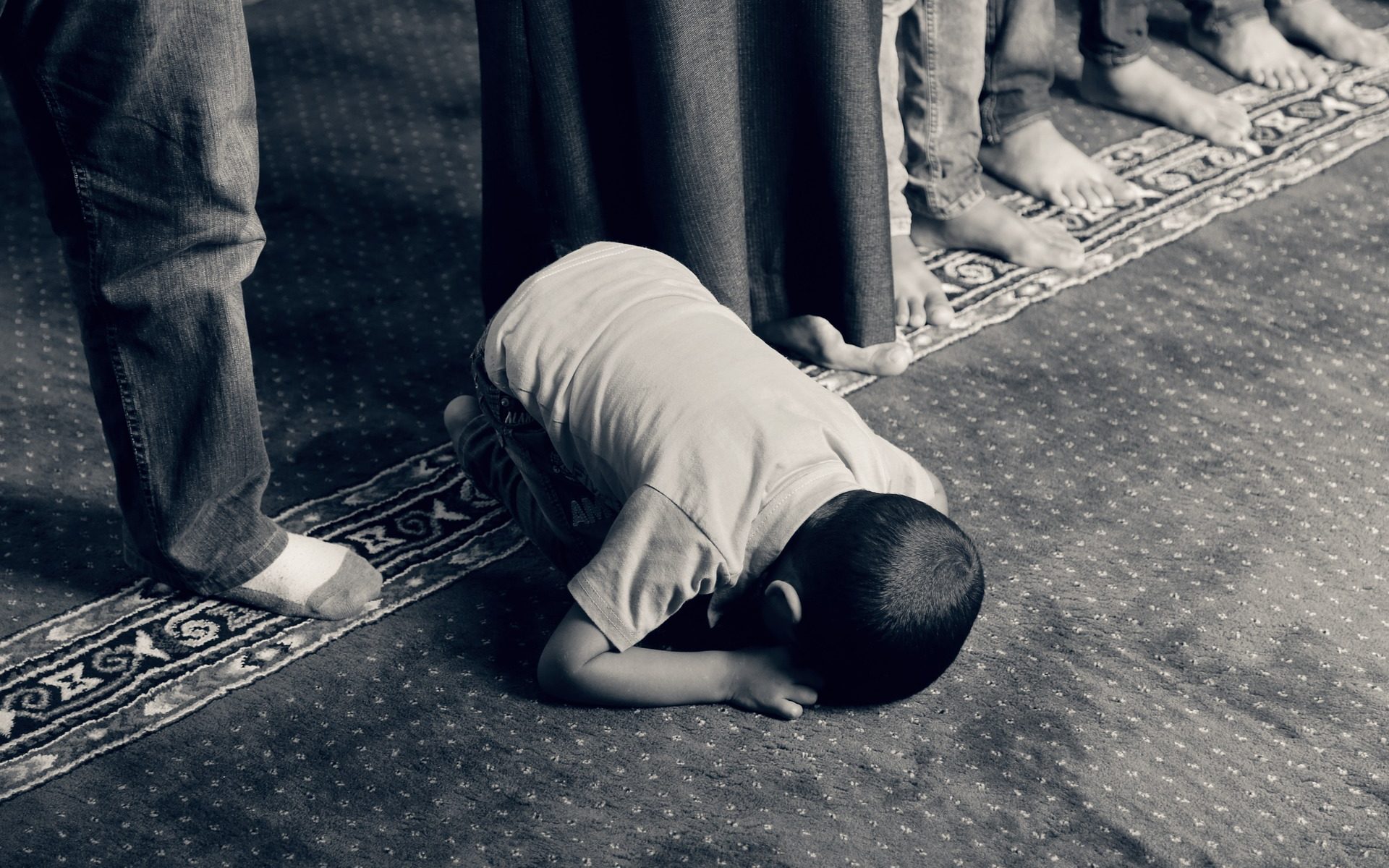Over the past few months, I have been reflecting very much about prayer. Especially since beginning Rabbinic study and founding Mindful Judaism, I have been exploring the following questions: What is prayer? How do I pray? And can prayer be meaningful?
There is a Rabbi Jonathan Sacks quote in the introductory essays to the Koren-Sacks siddur (Jewish prayer book) that I absolutely love:
Prayer is the language of the soul in conversation with God…. In prayer, we speak to a presence vaster than the unfathomable universe, yet closer to us than we are to ourselves: the God beyond, who is also the Voice within. Though language must fail when we try to describe a Being beyond all parameters of speech, language is all we have, and it is enough.
This wise quote speaks to my heart and mind and reminds me that we can never – and must never try to – “understand” God. If there is a God that we “know”, chances are that this god is a false one.
With this being said, I have learned from my meditation and prayer practice that I need to address my words of prayer to an “Other.” I do not believe in an omnipotent, omniscient grandfather in the sky, though I do know that my heart needs an-other to hear its words, concerns, and vulnerabilities.
One of the greatest single prayer experiences that have impacted me most came on one of the silent Jewish mindfulness retreats I attended as part of the Institute for Jewish Spirituality’s Jewish Mindfulness Teacher Training Program. The program and retreat were led by Rabbis Jordan Bendat-Appell, Jeff Roth, and Sheila Peltz-Weinberg, all lasting influences on my spiritual practice and prayer life.
During the retreat, Jeff introduced the practice of hitbodedut. I was familiar with this practice, though very resistant to it. It was as if I had put off praying to a personal God in a real and actual way my entire lifetime. After his instructions, I went out into the outdoors along with my fellow retreat participants, found a safe enough spot under the trees overlooking the lake at the retreat center, and began praying and conversing with God out loud.
What I learned that retreat, and what has never left me, was knowing that if I wanted to be in relationship with God, all I had – and have – to do is open my mouth!
Rabbi Sacks’s quote and my experience in hitbodedut reminds me of both a line in the Ashrei prayer and Psalms – “God is near to All who call on Him, to all who call out to Her in earnestness” (Psalms 145:18) – and a line from Surah 50 in the Koran, “We did indeed create man, and We know what his soul whispers to him; and We are nearer to him than his jugular vein” (50:16; The Study Quran).
For me, prayer requires both silence and words. Through the variety of my spiritual practices – and languages – sitting quietly and still in Zen meditation, speaking to God in hitbodedut, meeting with my Zen teacher knee to knee and eyebrow to eyebrow, contemplative reading of the weekly Torah portion (parashah) and supplementary reading (haftarah), studying with Rabbi Dr. Jeff Roth and other wise Jewish teachers, and also using language from the siddur and formal liturgy is that being itself – and being entirely myself – are all acts of prayer.
In God, nothing is excluded. Sitting, being, walking, talking, working, being in relationship, doing all that is life are each and all complete expressions of both the yearning for and realization of the Divine.
I have come to realize that prayer itself, the very words of prayer, the act of openness to prayer, and everything in between are all acts and the rewards of grace and the very expression of Divinity itself.
As always, if you are interested in learning more about Jewish Mindfulness Meditation or how to create a more meaningful spiritual path for you and your loved ones, please make sure to sign up and click the “Stay Connected Now!” button below!
Adam Fogel
www.mindfuljudaism.com

